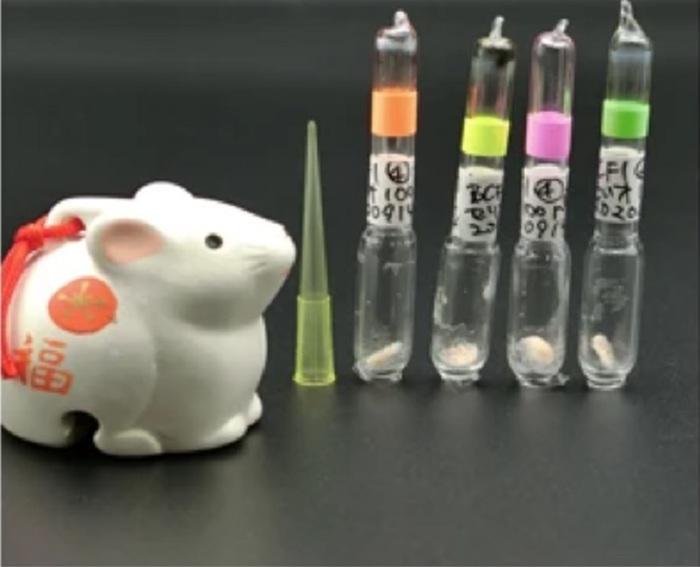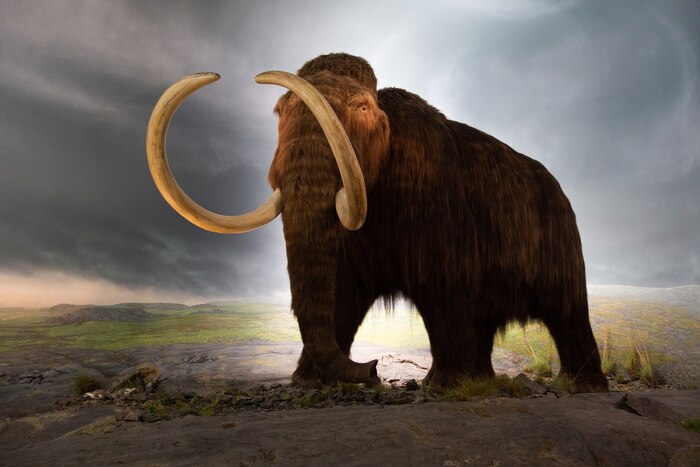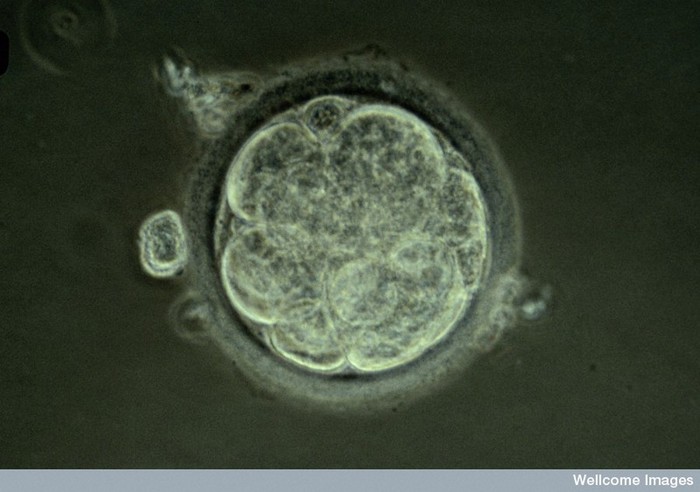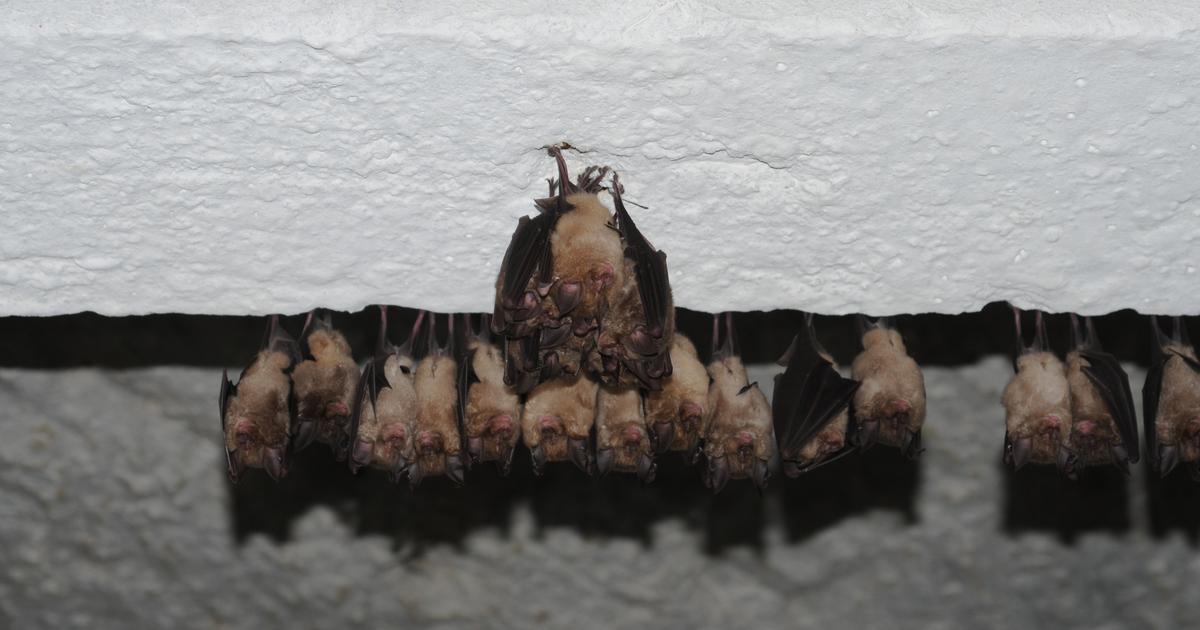Healthy mice
were
cloned
from
dehydrated
and
frozen
adult
cells
.
It is the
first time
that a similar result has been obtained, which could offer an important contribution to the
protection
of
endangered species
.
Published in the journal Nature Communications, the result is due to research coordinated by one of the pioneers of cloning studies, Teruhiko Wakayama, of the Japanese University of Yamanashi.
The challenge now is to be able to
conserve
the genetic material in optimal conditions and the ideal, for the future, should be to obtain this result at room temperature.
Storing cells at sub-zero temperatures in liquid nitrogen does indeed work, but it is very expensive.
"It is the
first time in the world
that dehydrated cells have been successfully preserved and generated following nuclear transplantation (commonly known as cloning) embryos that have generated healthy animals ", observes another protagonist of cloning research, Lino Loi, of the University of Teramo and coordinator of the project of European research Drynet, dedicated to the development of biobanks of dehydrated germ cells and somatic cells. "Being able to store dried animal cells even at room temperature is possible, but - he adds - demonstrating it on important numbers will have to be the next step".
Dehydrated and frozen cells used in the Wakayama experiment are
connective tissue cells
, fibroblasts, mouse, freeze-dried and refrigerated.
After rehydrating them, the researchers injected them into oocytes deprived of their chromosomes from which embryos were obtained;
from these, embryonic stem cells were obtained and the nuclei of the latter, in turn transferred to oocytes deprived of the nucleus, generated normal and fertile progeny.
According to the authors of the research, the success achieved indicates that the establishment of
gene banks
from endangered species kept in a state of dehydration (anhydrous) and at room temperature, at almost zero cost, could be an alternative to the storage in liquid nitrogen at a temperature of minus 196 degrees, currently used.
In the case of threatened species, therefore, being able to store their cells in biobanks at no cost would mean taking time to develop strategies that raise their reproductive potential and possibly avoid their extinction.















